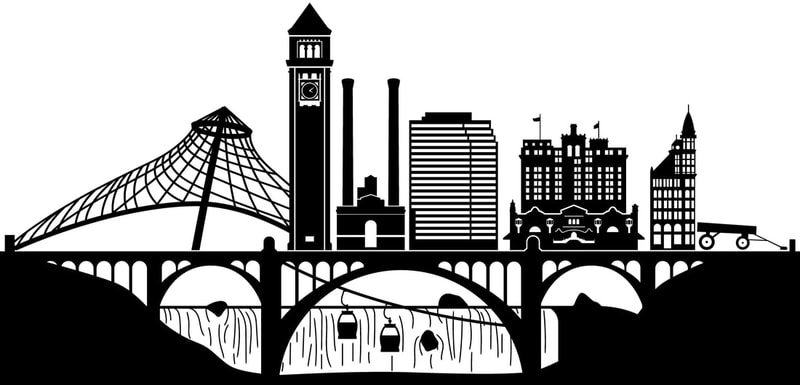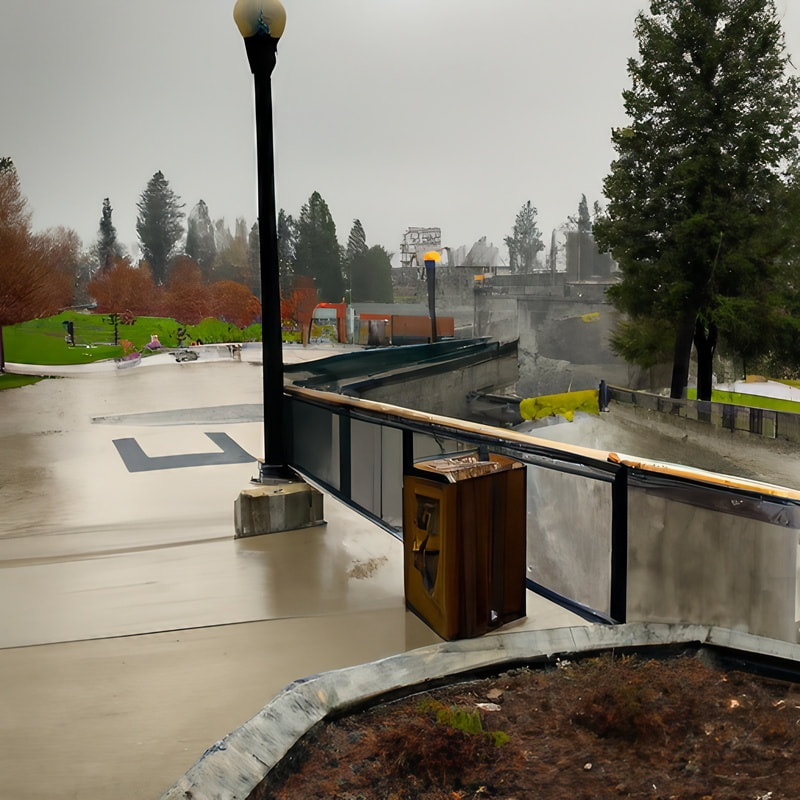|
Here in Spokane, seasonal affective disorder (SAD) can have a profound effect on residents during the winter months. This type of depression is caused by changes in daylight hours and the lack of vitamin D due to decreased exposure to sunlight. As the temperatures drop and the days become shorter, many of us start to feel a little down. But for some people, that feeling can be more than just a passing mood swing – it could be Seasonal Affective Disorder (SAD). SAD is a type of depression that affects millions of people during the winter months. If you’ve been feeling especially low lately, it’s important to know what symptoms to look out for so you can get help if needed. In this blog post, we will discuss SAD – from its causes and symptoms to how it is treated and managed. So read on if you want to learn more!
1. Seasonal Affective Disorder (SAD): What You Need to Know First off, we need to understand that there are different forms of depression. While feelings of sadness or low energy may be a sign of something else like stress or anxiety, SAD is a form of clinical depression that occurs during specific times in the year – usually around the winter months when days become shorter and temperatures decrease. This type of depression does not necessarily have one single cause but rather various factors such as genetics that play into it, however feelings associated with lack of sunlight exposure due to fewer hours in daylight could contribute to lower serotonin levels which lead to depressive symptoms in some people. The main symptom associated with SAD is feeling unusually down while other signs include a lack of motivation and difficulty concentrating on tasks at hand. Other common physical effects include changes in sleep patterns such as sleeping more often than usual or having difficulty staying awake, changes in appetite (increases or decreases), and increased fatigue. If you think that you or someone close to you may be suffering from SAD, there are treatments available to help manage and cope with its symptoms. Treatment plans should be tailored according to the individual's needs as every person experiences depression differently. Treatments such as light therapy, antidepressant medications, psychotherapy, or lifestyle changes can all help lessen the debilitating effects of SAD. Additionally, talking about your feelings openly with trusted people can be a great way to start managing your mental health. 2. Causes of SAD The root cause of SAD is not completely understood. While factors like genetics can play a role, environmental triggers like lack of sunlight exposure due to shorter days as well as reduced levels of serotonin can be contributors to the development of this type of depression. Additionally, other factors such as living in a northern latitude or having a family history of SAD can also increase one's risk of developing the condition. Furthermore, those who are affected by chronic stress or have existing mental health issues may be more vulnerable to experiencing SAD during times when external stressors and demands are high. 3. Symptoms of SAD Symptoms of SAD can vary from one person to the next, but common symptoms include feelings of sadness and low energy levels, difficulty concentrating or making decisions, feeling disconnected from family or friends, loss of interest in normal activities, changes in sleep patterns such as sleeping more than usual or having difficulty staying awake during the day. Additionally, people with SAD may experience changes in appetite, increased fatigue as well as physical aches and pains. List of Seasonal Affective Dissorder Symptoms: - Feelings of sadness and low energy levels - Difficulty concentrating or making decisions - Feeling disconnected from family or friends - Loss of interest in normal activities - Changes in sleep patterns such as sleeping more than usual or having difficulty staying awake during the day - Changes in appetite (increases or decreases) - Increased fatigue - Physical aches and pains. 4. How to Get Help for SAD If you are experiencing the symptoms of seasonal affective disorder and feel like your mental health is suffering, it may be time to seek help from a qualified medical professional. Your doctor or therapist can provide tailored advice on how best to manage SAD in order to achieve better overall well-being. Additionally, therapists or support groups may be able to provide invaluable assistance as you progress on your journey toward recovery. Lifestyle changes such as increasing exposure to natural light or practicing mindfulness activities like yoga and meditation can be incredibly beneficial for managing SAD. With the right care, you can begin to feel better and regain control over your mental health. No matter what approach one chooses to take, remember that there is always help available – one does not have to go through this alone! 5. Key Takeaways on Seasonal Affective Disorder Although the exact cause may not be fully understood, there is still much that can be done to help people manage their symptoms of SAD. Light therapy, exercise, and socializing have all been found to help reduce depressive symptoms in some individuals. Eating a balanced diet and making sure you get enough sleep can also help improve overall well-being and combat feelings of sadness or fatigue. Talking openly with trusted friends or family members about how you're feeling can provide valuable support throughout this difficult time too. Finally, seeking out professional help from your doctor or therapist if needed may be the most effective way to cope with SAD in order to achieve a better quality of life. It is important to remember that everyone experiences SAD differently, and it is okay to reach out for help if needed. Therefore, if your symptoms become more severe or start affecting your everyday life, don't hesitate to contact a qualified medical professional who can provide advice on how best to manage SAD. Comments are closed.
|
AuthorTyice Strahl Categories
All
Archives
May 2023
|
- Home
-
Settings
- Assisted Living
- Home Care
- Independent Living
- Memory Care
- Skilled Nursing
- Adult Family Homes
-
All Communities
>
- Aspen Quality Care
- Avamere South Hill
- Brighton Court
- Brookdale Nine Mile
- Brookdale Park Place
- Cheney Assisted Living
- Cherrywood Assisted Living
- Colonial Court
- Cornerstone Court
- Evergreen Fountains
- Palouse Country
- Fairview Assisted Living
- Fairwinds
- Fairwood
- Fieldstone Memory Care
- Good Samaritan
- Maplewood Gardens
- Moran Vista
- North Point Village
- Orchard Crest
- Pine Ridge Memory Care
- Emilie Court
- Ridgeview Place
- Riverview Retirement
- Rockwood Retirement Community
- Rose Pointe Assisted Living
- Royal Park
- South Hill Village
- Sullivan Park Assisted Living
- Sunshine Health Facilities
- Touchmark Assisted Living
- Willow Grove
- Wind River
- Alderwood Manor
- Franklin Hills
- Manor Care
- North Central Care Center
- Providence St Joseph
- Regency at Northpointe
- Royal Park Health and Rehabilitation
- Spokane Veterans Home
- The Gardens on University
- Spokane Assisted Living Directory
- Locations
- Services
- About
- Senior Living Blog
- Contact


 RSS Feed
RSS Feed
